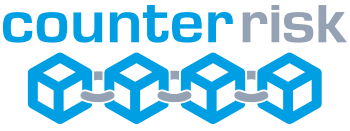Are the courses completely free?
Yes, they are completely free and open to everyone.
Are there any preconditions for taking the courses?
To take these courses, all you need is an interest in counterfeiting and its risks for consumers, businesses and society in general. Remember that there are two courses: one with content designed from the perspective of companies in the children’s products sector, and the other for the staff of consumer associations and all kinds of professionals who carry out training and consumer awareness activities.
What topics of interest am I going to find?
These courses are designed to be like miniature training pills that you can “take” according to your needs and/or preferences. Using your smartphone, you can quickly and easily access key content on how your company, organisation or the authorities can fight against counterfeiting in the world of consumer products aimed at children.
What do I need to take this course?
All you need is a smartphone or tablet (Android or iOS) and an internet connection.
Will I get a certificate after finishing this course?
When you finish the course, you will be able to download your certificate with blockchain technology.
When does the course start?
At the moment, the training materials which will be included in the courses are being developed by the partners of the European project, CounterRisk. The course is not yet available, but you can pre-register and form part of a group of potential users who will be able to participate in the testing phase of the NOOCs for consumers or businesses, prior to their launch. The project ends in March 2023.
Contact us at proyectosseguridad@aiju.es and we will explain in more detail how to participate in the first pilot test.
I am a teacher. Can this tool help me in my classes?
The purchase of counterfeit products has increased exponentially in recent years, primarily due to the rise of e-commerce, making it is necessary to educate consumers so they can make informed decisions.
You can use this tool in class with your students, who are future consumers, and make them aware of the risks of counterfeit products not only for businesses, but also for health, the environment and society in general.







